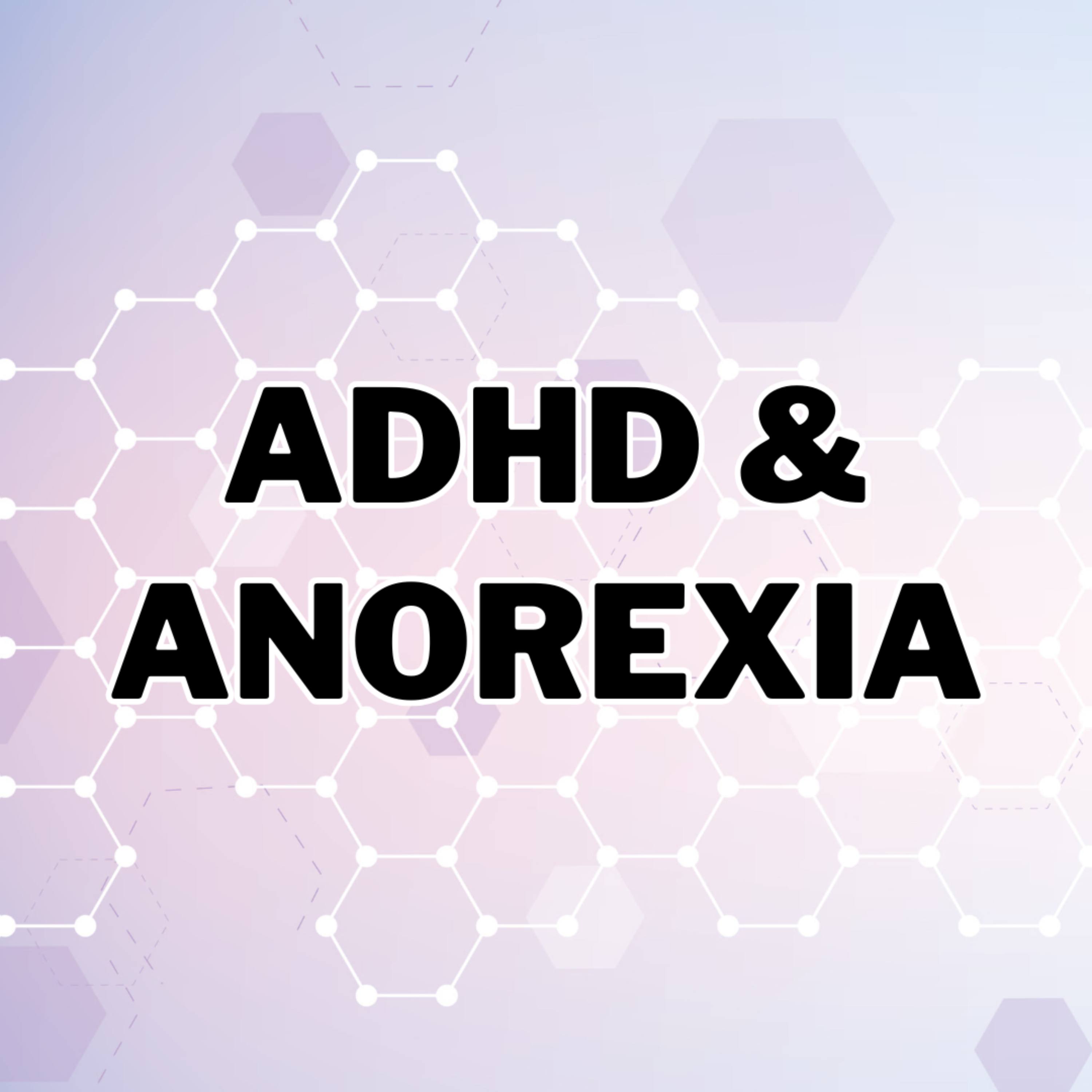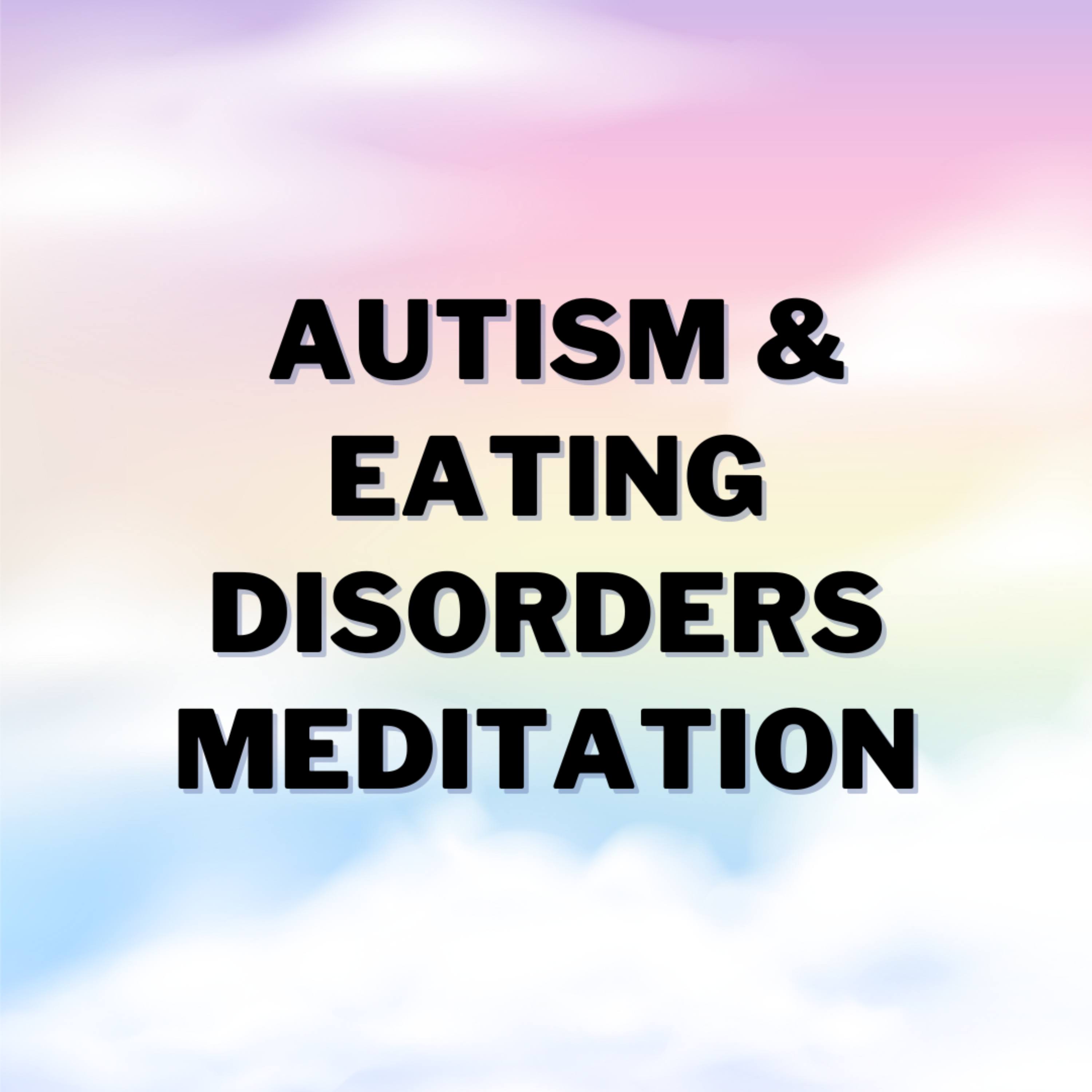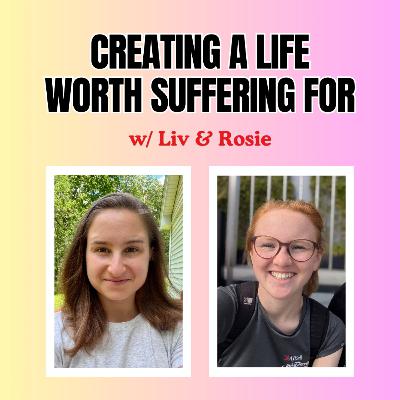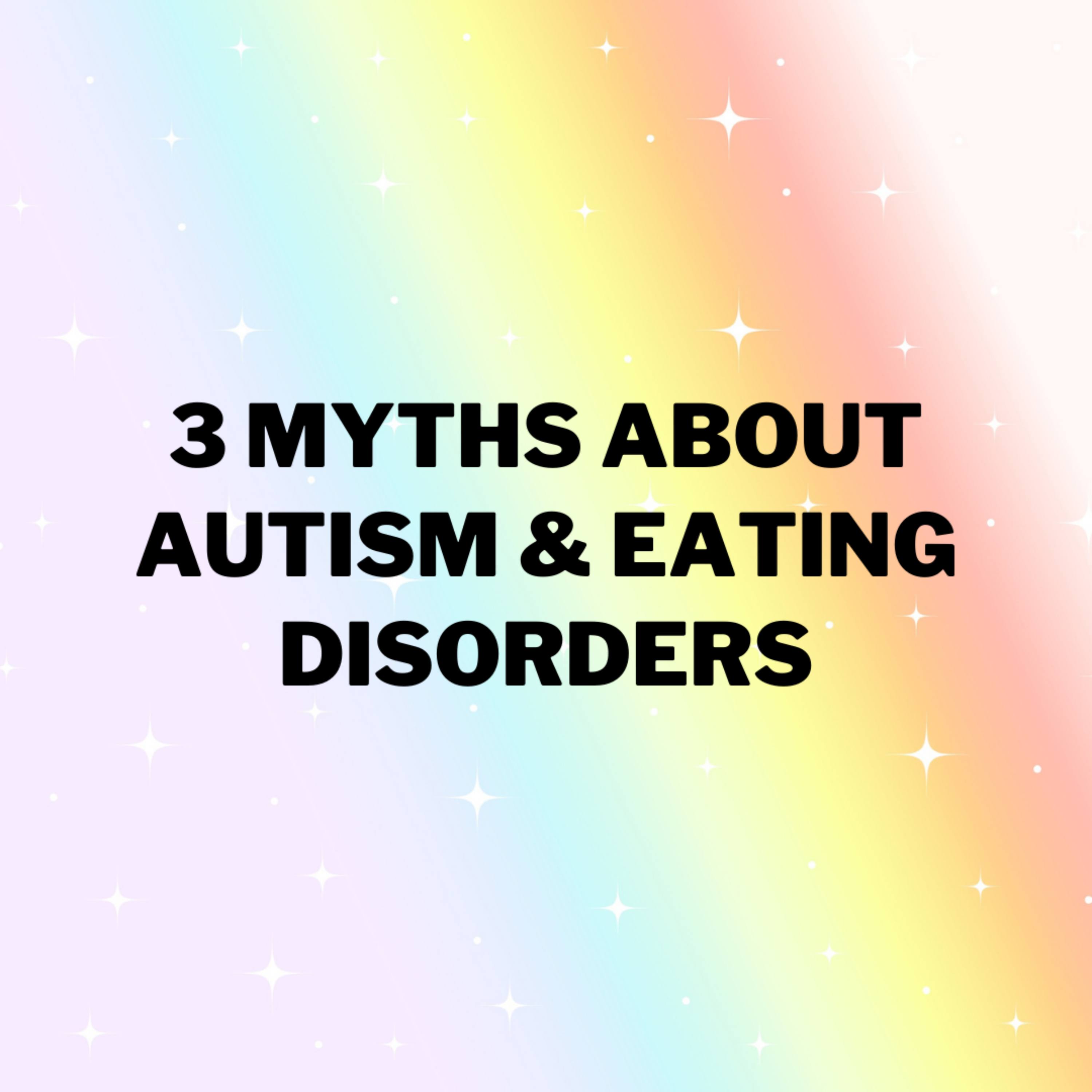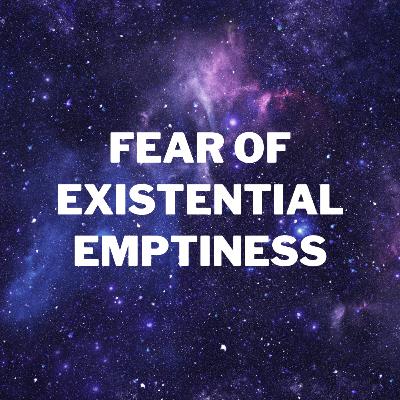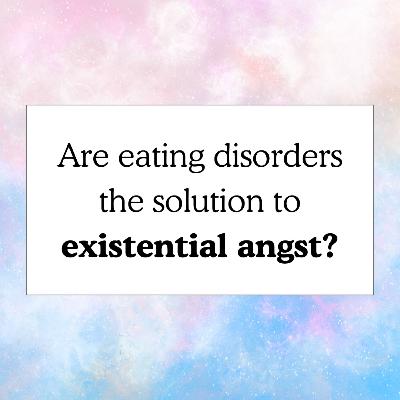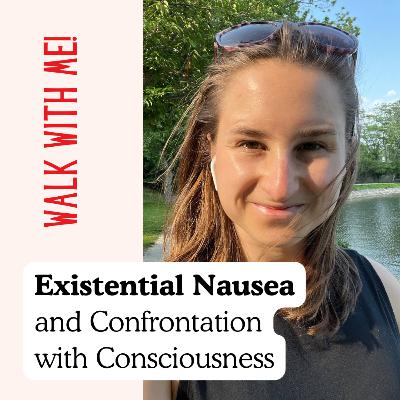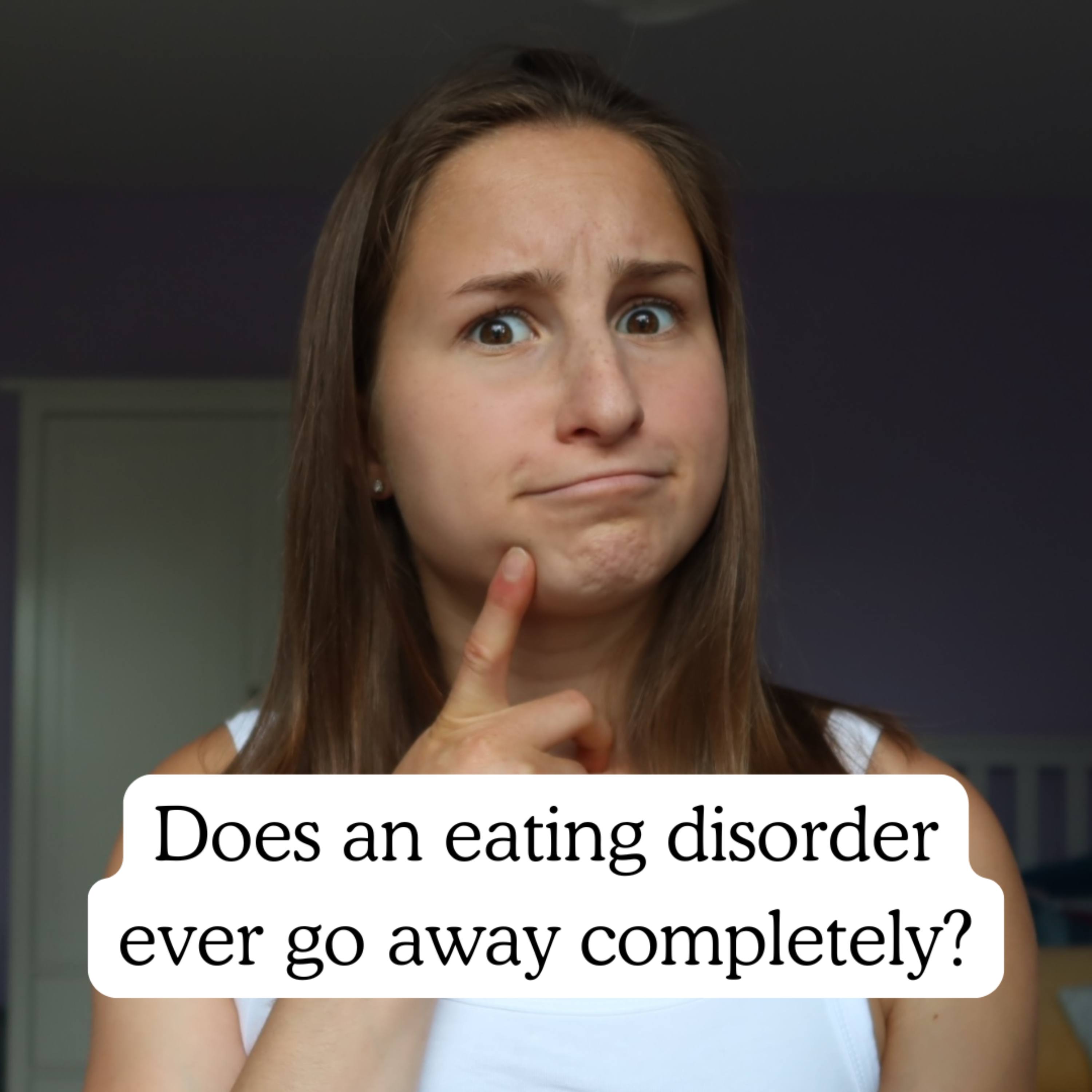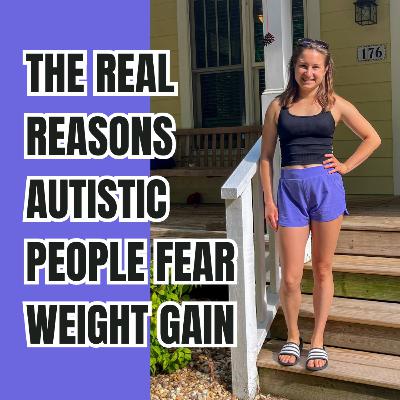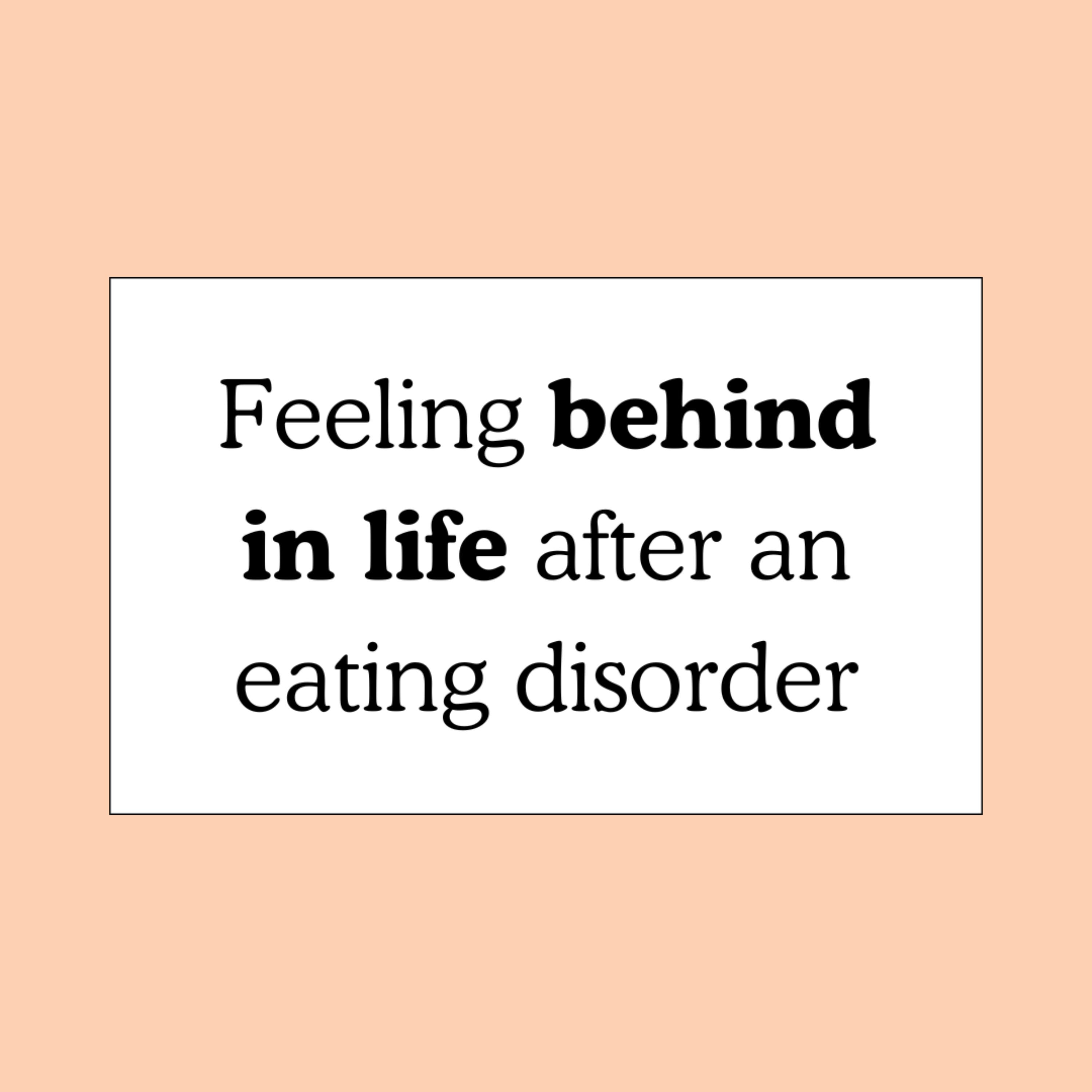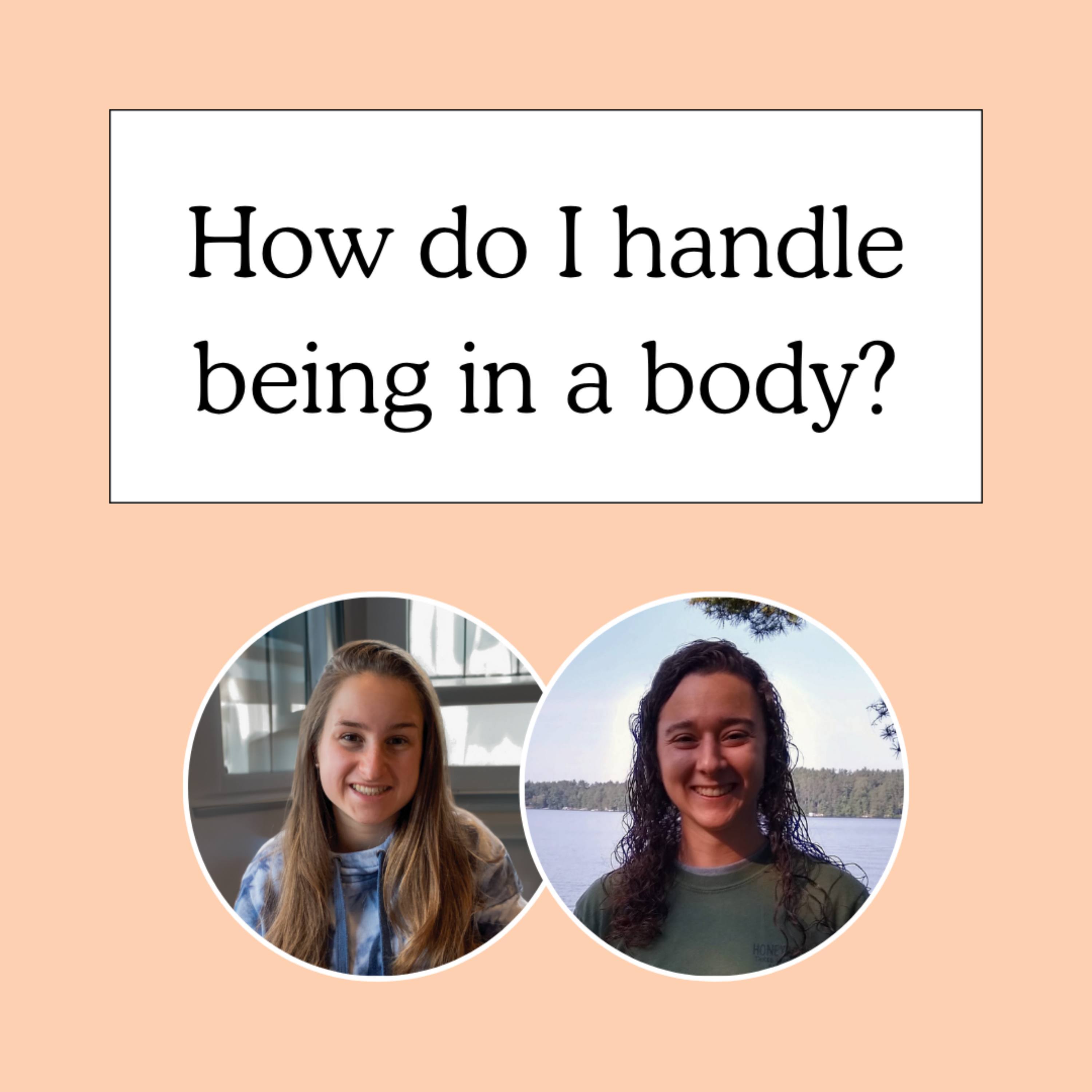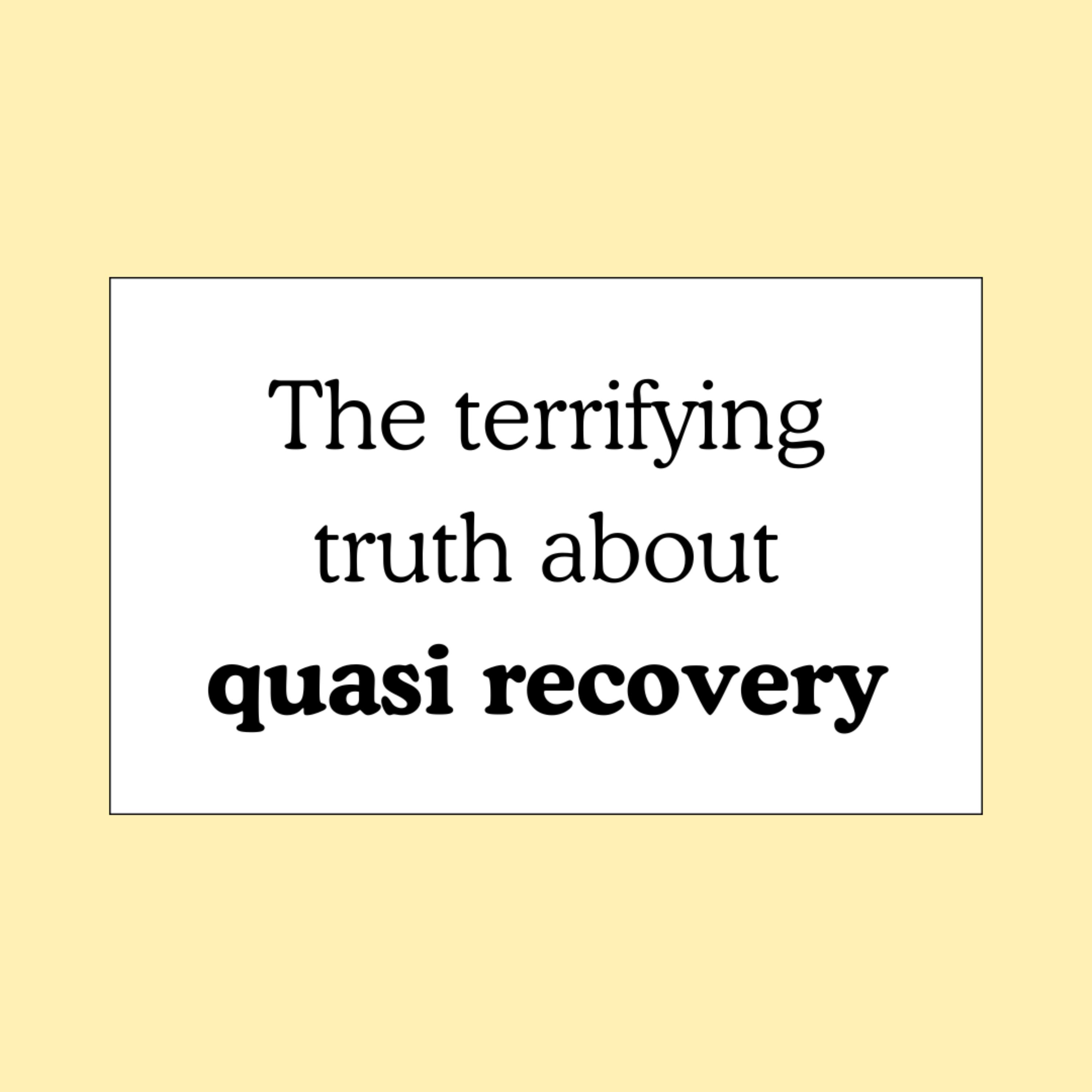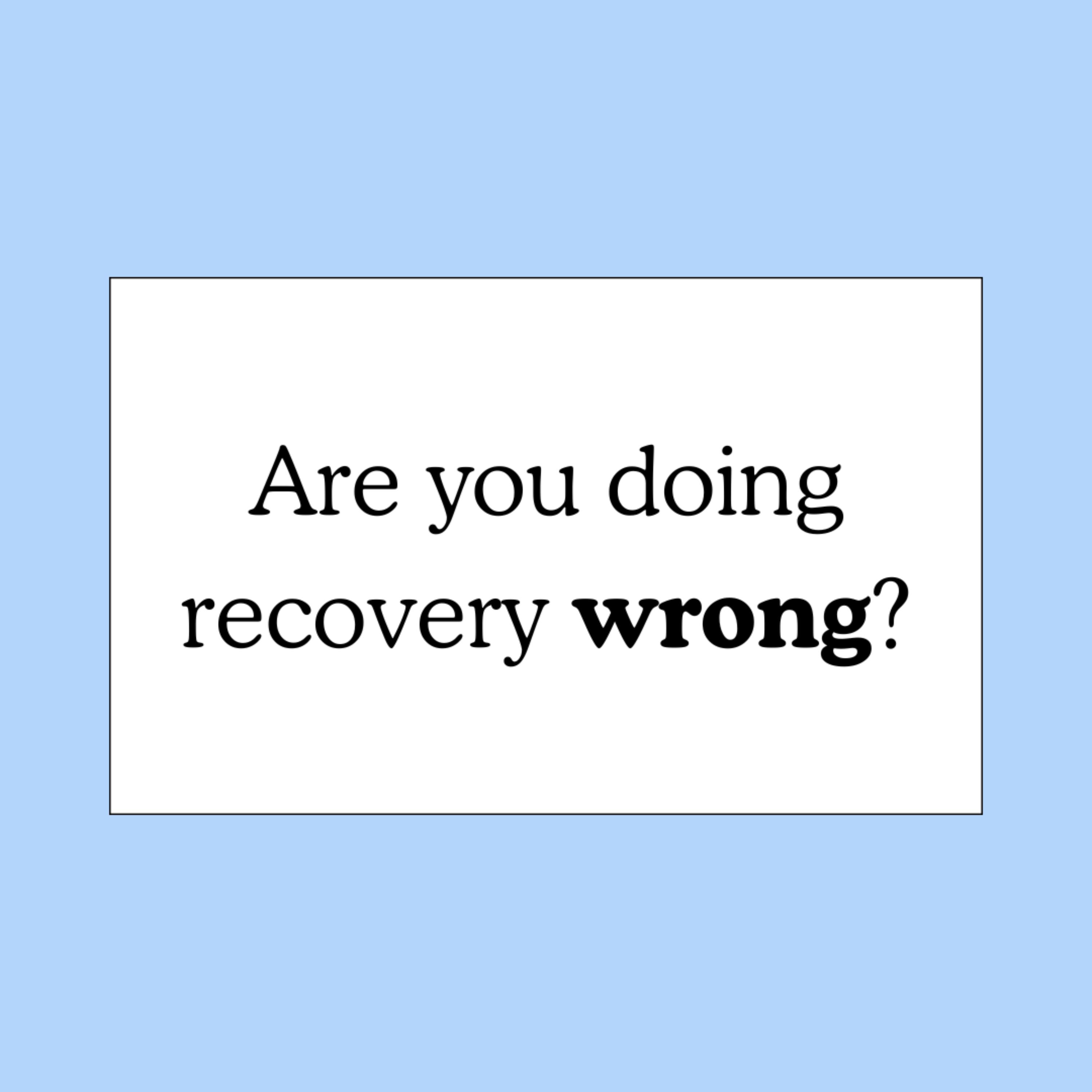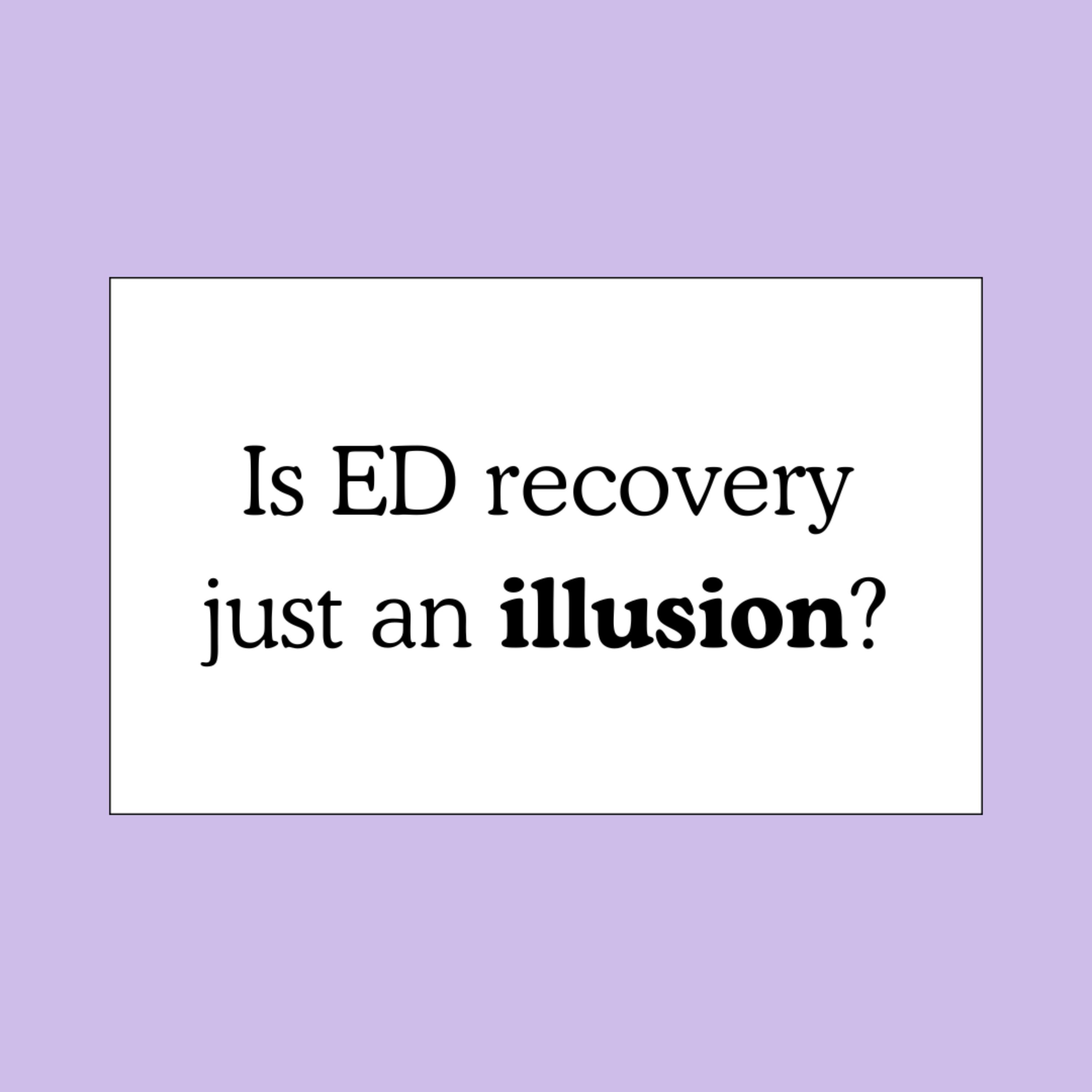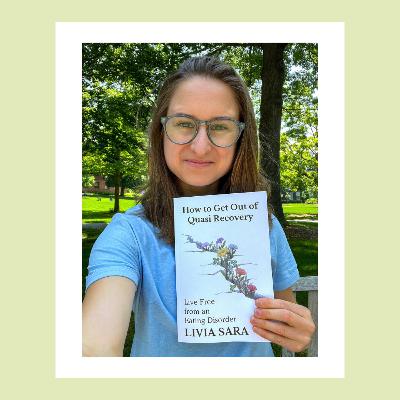Why is nobody talking about ADHD and Anorexia? (Dopamine Diaries Part 1)
Description
In this first installment of Dopamine Diaries, Livia Sara unravels the overlooked connection between autism, ADHD, and anorexia. You’ll learn how dopamine differences create a neurodivergent vulnerability for engaging in anorexia behaviors, including restriction, compulsive exercise, ADHD hyperfocus, and constantly thinking about food!
Further resources:
📚 Neurodiversity-Affirming Books: https://livlabelfreebooks.com
✨ Existential Autistic Membership: https://www.livlabelfree.com/membership
💗 1-1 Coaching: https://www.livlabelfree.com/coaching
📖 Free Extreme Hunger Guide: https://www.livlabelfree.com/extreme-hunger-guide
🎙️ Free Autism and Eating Disorders Training: https://www.livlabelfree.com/free-audiotraining
Mentioned episodes:
Autism and Binge Eating: https://youtu.be/V1Ut5spEVHs
But Restriction Helps Me Focus! https://youtu.be/_MHB8y9qack
Black & White Thinking in Autism and Anorexia https://youtu.be/TpDAEncit2Y
Autism, Anorexia, and Metabolism https://youtu.be/xsOBtfY9CcA
Is it harder for an autistic person to recover? https://youtu.be/jh7kYLOpUcM
Episode transcript:
Ok my friends, we need to talk about something that I literally have never heard anyone talk about but (at this point) it comes up with almost every one of my clients, because almost every one of my clients isn’t only autistic but is also ADHD. So what we’re gonna be talking about today is the connection between ADHD and anorexia.
And I’m super excited to finally be diving deep into this connection because most of the information on neurodivergence and eating disorders is still quite binary. Supposedly, autism is linked to anorexia and ARFID (Avoidant-Restrictive Food Intake Disorder), while ADHD is linked to binge eating and compulsive overeating. While, of course, these links are valid and true, where’s the nuance? Why is no one talking about how autistic people struggle with binge eating or how ADHDers struggle with restrictive eating disorders?
Well, I’ve already done a whole series on autism and binge eating on this podcast, so now I’m starting a series on how those of us who are autistic and ADHD interact with food and movement. In this first episode specifically, I’m unpacking the overlooked connection between autism, ADHD, and anorexia through both scientific research and lived experience as an AuDHDer with a history of anorexia nervosa. We’ll explore how core anorexia symptoms like restriction, compulsive exercise, and mental hunger can be better understood through the ADHD lens, and what this understanding means for more effective approaches to recovery – or should I say, discovery? Whatever term you prefer to use on your unique journey, let’s get to discovering!
Busting the Dopamine Myth: Wanting vs. Liking
Before we get to any of the specific ADHD and anorexia overlaps, we need to bust a common myth about dopamine. Many people believe that dopamine floods our brain when we engage in rewarding activities. I mean, this is why ADHD people are constantly seeking stimulation, right? Because they constantly want to experience reward? Well, not quite.
In reality, dopamine isn’t primarily responsible for pleasure or satisfaction. Rather, it’s at the foundation of anticipation and motivation. What this means is that a dopamine surge happens not when we experience the reward itself, but during the anticipation phase right before we obtain it. This “wanting” versus “liking” distinction is critical to understanding both ADHD and eating disorders.
In ADHD brains – and autistic brains too – dopamine is lower when compared to neurotypical brains, which obviously creates a specific vulnerability. Us AuDHD folks experience intensified “wanting,” but a diminished “liking” of the actual reward, which creates a perpetual cycle of seeking satisfaction without ever feeling satisfied. This is why so many ADHD people do experience binge eating and compulsive overeating – in these cases you’re constantly wanting the food to stimulate you in a way that your brain and nervous system are never satisfied with.
So that’s the binge eating angle. But again, why is no one talking about the dopamine high – the euphoria – that you get from engaging with anorexia or bulimia? Why is no one talking about how addictive restriction is, how the anorexia is never satisfied, and so you keep setting new “precedents” around food and exercise? Because I don’t know about you, but for me, the eating disorder made me feel superhuman. I was able to numb out everything that didn’t directly support the eating disorder, including the existential questions, my relationships, and, well, everything else that makes life meaningful. So I’m going to elaborate on all of this later in today’s episode, because right now I really want to emphasize this concept of numbing and how it applies to the full spectrum of disordered eating behaviors, which I have termed The Adaptive Eating Spectrum (TAES).
So even though anorexia nervosa and binge eating disorder seem like the epitome of contradiction, the underlying mechanisms – especially in neurodivergent people – aren’t actually different. Whether someone restricts food or eats too much of it, the root of the behavior is to numb and escape. It’s an escape from sitting with the discomfort of being a soul so infinite, so vast, and so boundless that being in a human body feels like being trapped in a cage. The eating disorder – or as I like to call it, eating adaptation – is a way to numb yourself from the existential thoughts, the fear of being wrong in this world, and the perpetual anxiety that arises as a direct result of navigating a world that wasn’t built for your neurodivergent nervous system.
How My Autism Manifested as Anorexia Nervosa
If you’ve been around for a while, you know that I’ve talked plenty about how I believe my autism manifested as an eating disorder, or again, eating adaptation.
My need for predictability turned into strict eating schedules and rigid exercise routines.
My sensory overwhelm turned into fear of weight gain.
My fear of being healthy – and, more specifically, being healthy in a female body (we’re talking boobs, butts, and periods) – manifested as trying to stay as small as possible.
It hasn’t been until more recently – due to, ya know, being a lifelong learner, being relentlessly curious, and constantly asking WHY – that I’ve started reflecting on eating disorder behaviors through an ADHD lens. (And major shoutout to all my clients right now, because none of these insights I’m sharing would have occurred to me without the meaningful conversations I’ve had, and continue to have, with other neurodivergent beings.)
It’s worth disclaiming here that my personal experience of anorexia in relation to both ADHD and autism will always be skewed because I’m not purely ADHD or purely autistic. I’m AuDHD, which means the autism and ADHD are interlinked, and it’s this interlinking that creates the unique conditions for my unique experience of, well, everything! Including my history of disordered eating. And I am planning on recording a dedicated episode about how my autism and ADHD are constantly battling each other, which obviously creates its own set of difficulties, eating disorders aside. But obviously that’s a story for another day, so back to the main topic of today which is ADHD and anorexia. In fact, now it’s time to get juicy because we’re starting off with the infamous claim “but res

